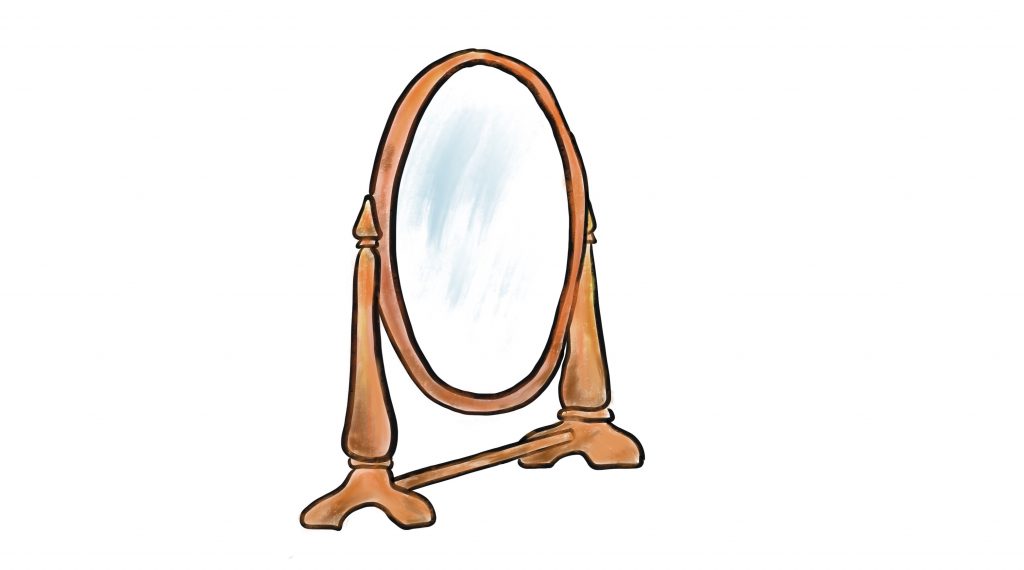The minute you stop tying your leadership so closely to your identity, you become a better manager.

You are not your leadership style. In order to be a good leader, you must internalize this. As much as you might self-identify with being an “empathetic leader” or a “decisive leader”, you’ve got to let these notions go.
This is not an obvious truth because leadership feels inherently personal. The adjectives we use to describe our own leadership style might be the same adjectives we use to describe our own personality or disposition: Calm, patient, deliberate, compassionate, rational…
But the minute we fuse our identity to our leadership, we cling to it – and it blinds us.
I was recently reminded of this when I interviewed Desiree Vargas Wrigley, CEO and founder of Pearachute. She emphasized to me:
“The more you can remove your sense of self-worth from the performance of your business, the better your business and your leadership will be.”
Desiree admitted how, as a leader, it’s easy to cement yourself as “a certain kind of leader” – and you fail to see problems for what they are, because of this.
For example, if you see yourself as a “motivating leader” but an employee isn’t performing up to par, it’s tempting to feel frustrated. You might think to yourself, “I’m doing everything I can over here to be supportive… How can this person be flailing?”
Or, if you consider yourself a “fair leader” yet a team member implies you’re playing favorites, their critique feels like a personal attack. “Wow, I’m a fair leader, and they really think they’re not getting their chunk of the pie?”
In both situations, you view your own leadership as static – it’s the other person who needs to change. You shut the door on collecting more information, evaluating the situation objectively, and the possibility that there’s something better you could be doing.
The closer we tie our sense of self to how we lead, the harder it is to improve.
Instead, can you view your leadership as a product – not an extension of your identity?
With a product, you welcome feedback, you experiment with what works, you see it as a work-in-progress. With a product, you take a step back every now and then to reflect if it is indeed working.
You’re not incredulous if it’s not working for some folks. You’re not personally offended if some people don’t seem to like it. You adjust, test, readjust.
If anything, when leadership is your product, you’re excited for your leadership to evolve, and get better.
Otherwise, your leadership is self-righteous. “This is just the way I am” or “This is just how I’m wired” become the default mode of thinking.
The most important thing your leadership should be doing is serving your team – not your sense of self. Is the way you communicate, make decisions, handle conflict, set direction helping my team get closer to what they all want to make happen?
Leadership is a tool to help your team achieve the outcome it wants. It’s not a precious thing, in itself, that needs to be held on high.
Our leadership isn’t an outward expression of some grand inner personal philosophy, gilded in gold. Our leadership isn’t a foundational core of who we are, set in stone.
The more you relish in self-identifying as a “certain kind of leader,” the less responsive you become to the needs of your team and how you can become better over time.
The more you separate your personal identity from your leadership, the better leader you’ll be.
You might also enjoy reading…




